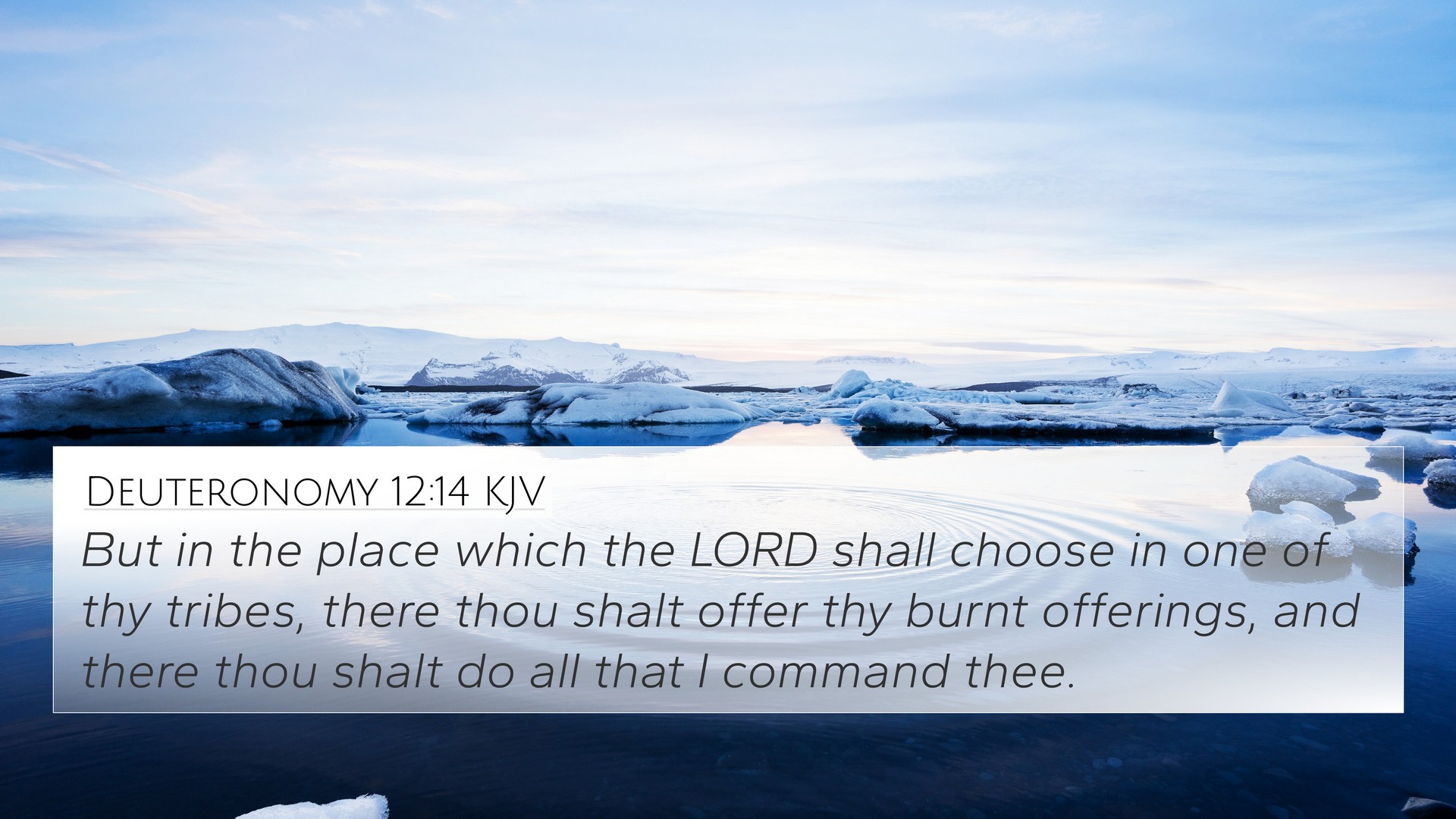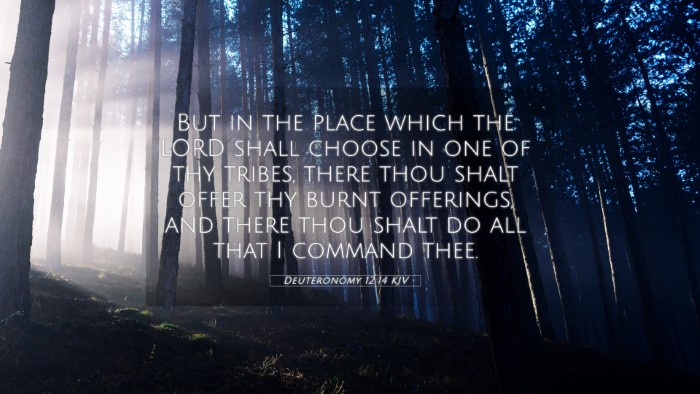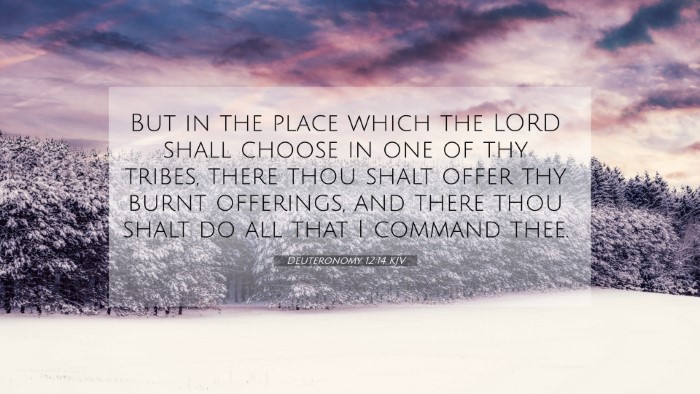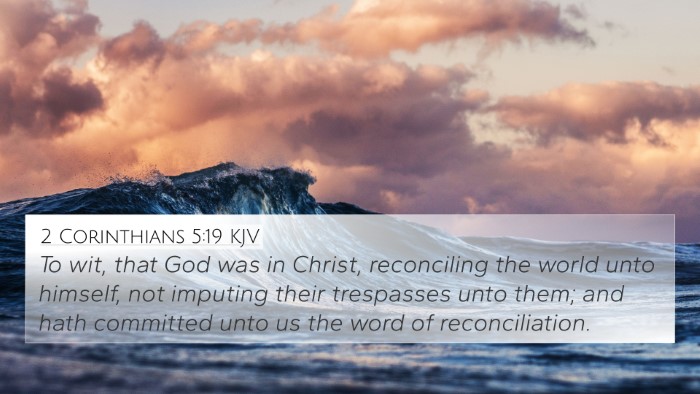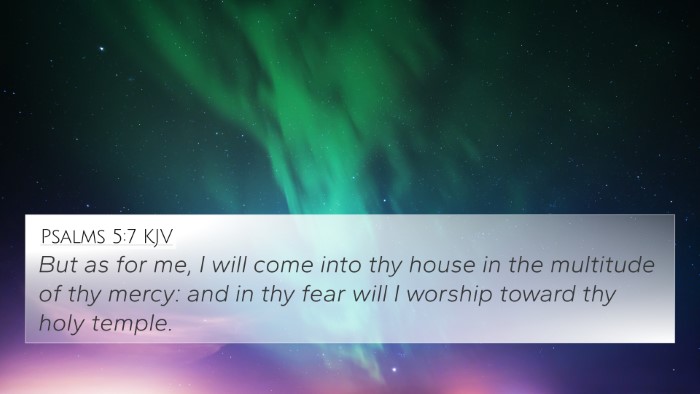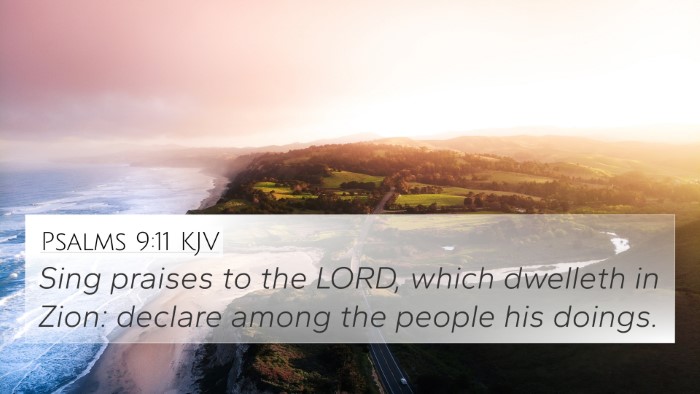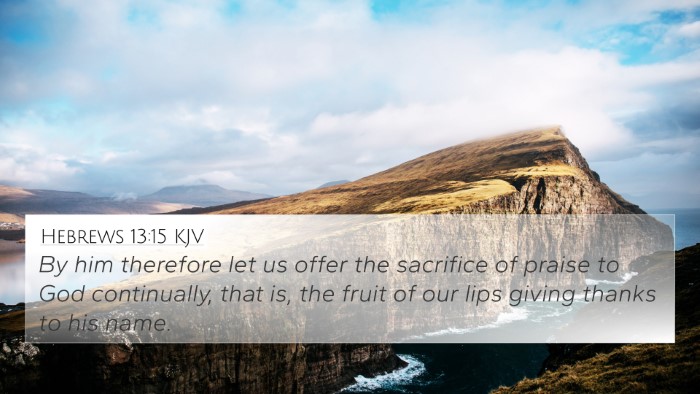Understanding Deuteronomy 12:14
Deuteronomy 12:14 states, "But in the place which the LORD shall choose in one of your tribes, there shall you offer your burnt offerings, and there you shall do all that I command you." This verse highlights God's directive regarding worship and the importance of a centralized location for sacrifices and offerings.
Summary of Insights
Commentators like Matthew Henry, Albert Barnes, and Adam Clarke provide valuable insights into this passage:
- Matthew Henry: Emphasizes the significance of following God's prescribed way of worship. He points out that worship should not be arbitrary but should conform to God's arrangements.
- Albert Barnes: Remarks on the importance of God's presence in the place of worship, as it symbolizes a covenant relationship between God and His people. Worship in a chosen place reflects unity and obedience.
- Adam Clarke: Focuses on the necessity of establishing a central place for worship to prevent the fragmentation of faith practices and to ensure that God is worshipped in spirit and truth.
Connecting Deuteronomy 12:14 with Other Scriptures
This verse is rich with connections to other Bible verses, establishing a comprehensive understanding of God's will for His people. Below are several cross-references that illustrate the thematic continuity in Scripture:
- Exodus 20:24: "An altar of earth you shall make for me, and sacrifice on it your burnt offerings and your peace offerings." This verse reiterates the command of a designated place for worship.
- Leviticus 17:8-9: "And you shall say to them, ‘Any one of the house of Israel, or of the strangers who sojourn among them, who offers a burnt offering or sacrifice and does not bring it to the entrance of the tent of meeting to offer it to the LORD, that man shall be cut off from his people." This connects God's directive of centralized worship and the consequences of disobedience.
- 1 Kings 9:3: "And the LORD said to him, 'I have heard your prayer and your plea, which you have made before me. I have consecrated this house that you have built, by putting my name there forever. My eyes and my heart will be there for all time.'" This verse speaks to God's choosing of a sacred place for His dwelling.
- Jeremiah 7:8-11: In this passage, God chastises the people for misplaced trust in the temple without true obedience, highlighting the issue of worship practices.
- Matthew 5:23-24: Jesus teaches on reconciliation prior to offering, emphasizing the spirit behind the act of worship, aligning with God's intention for purity in devotion.
- Hebrews 13:15: "Through him then let us continually offer up a sacrifice of praise to God, that is, the fruit of lips that acknowledge his name." This New Testament perspective encourages continual, sincere worship.
- Acts 7:46: Stephen refers back to David’s desire to build a dwelling place for God, linking Old Testament worship patterns with New Testament understanding.
- Revelation 21:22: "And I saw no temple in the city, for its temple is the Lord God the Almighty, and the Lamb." This verse pulls together the concept of God's presence from the Old Testament to the eschatological vision of the New Testament.
Thematic Connections and Cross-Referencing
The thematic connections in Deuteronomy 12:14 encompass obedience, centrality of worship, and God’s covenant relationship with His people. By cross-referencing, we can gain deeper insights into how this verse fits into the narrative of Scripture. Tools for Bible cross-referencing can include a Bible concordance, a Bible cross-reference guide, and various Bible reference resources.
Tools for Bible Cross-Referencing
Understanding the connections made in Deuteronomy 12:14 can be aided by:
- Bible Chain References: Linking related verses can provide a clearer picture of God's instructions and their implications.
- Bible Cross-Reference System: A structured system can help identify parallels swiftly.
- Cross-Referencing Bible Study Methods: Various methods enable believers to dive deeper into thematic studies and explore connections across the Scriptures.
Conclusion
As we examine Deuteronomy 12:14, we recognize the call to a holy and unified worship experience according to God's command. Through cross-referencing, we can uncover rich layers of understanding, connecting Old Testament law with New Testament fulfillment, and enhancing our comprehension of God’s continual desire for relationship with His people.
The process of linking Bible scriptures fosters a deeper appreciation for the cohesive message of the Bible, embodying the essence of inter-Biblical dialogue and comprehensive theological study. By utilizing tools for Bible cross-referencing, believers can effectively navigate Scripture, uncovering divine truths and enriching their spiritual journey.
